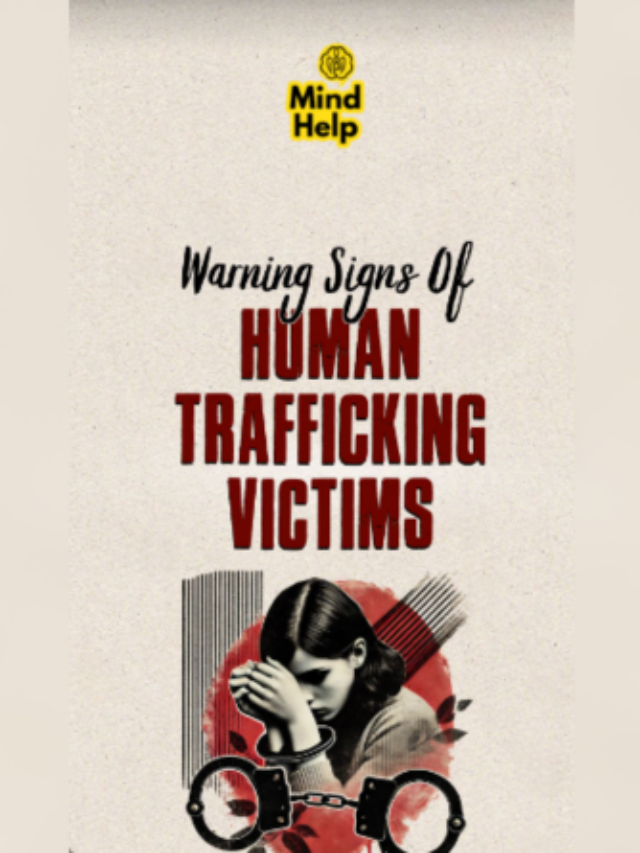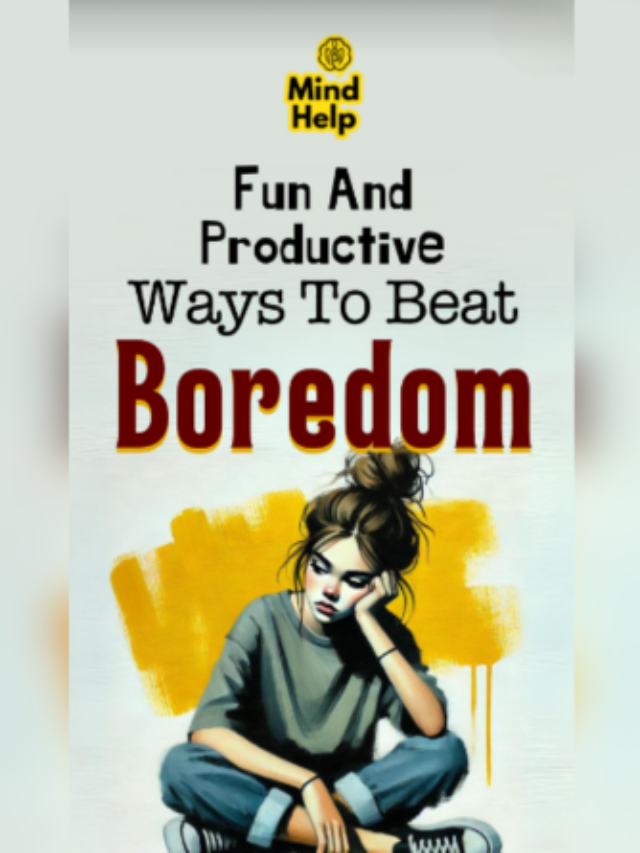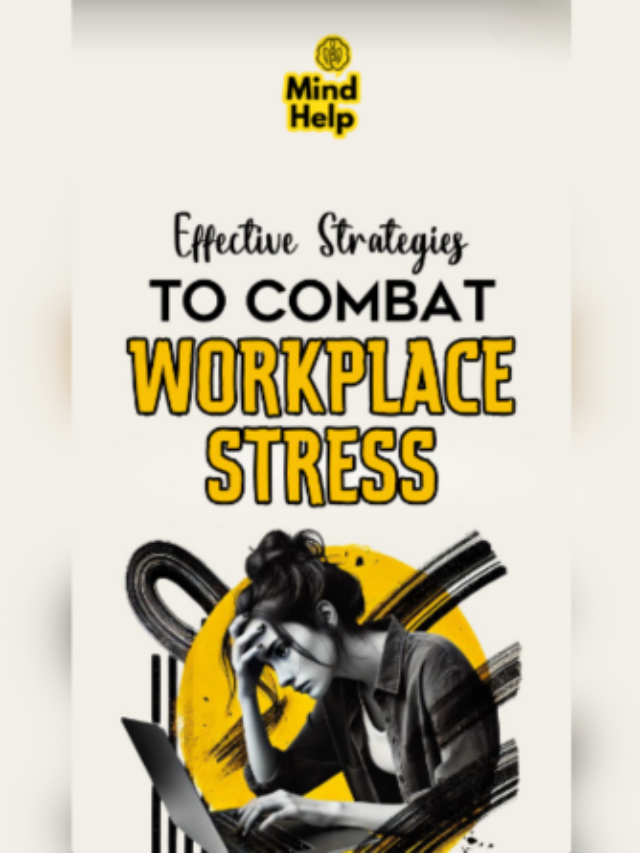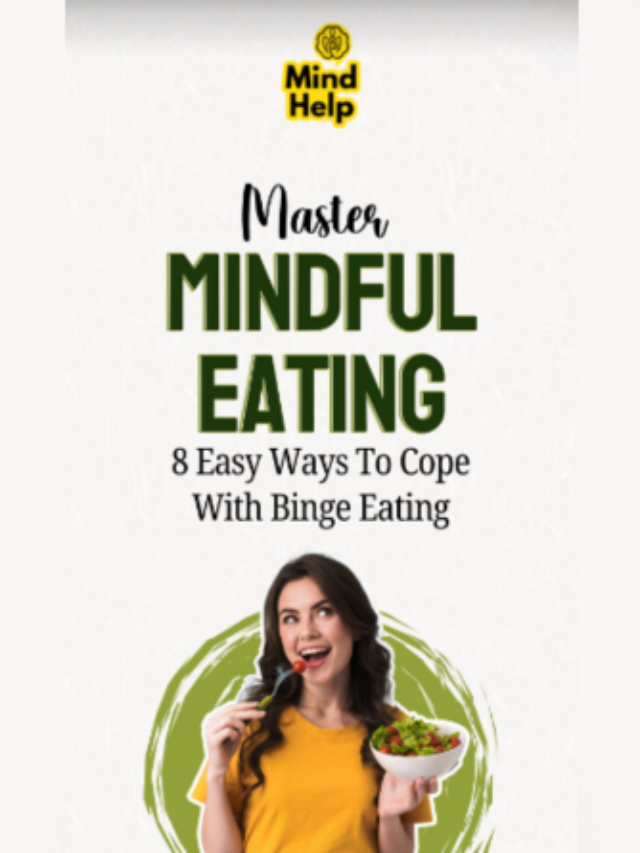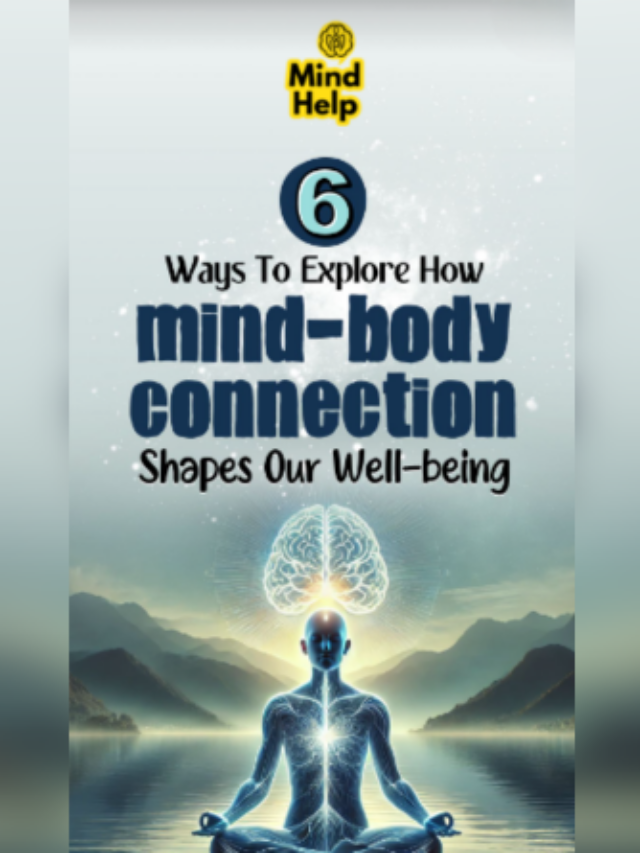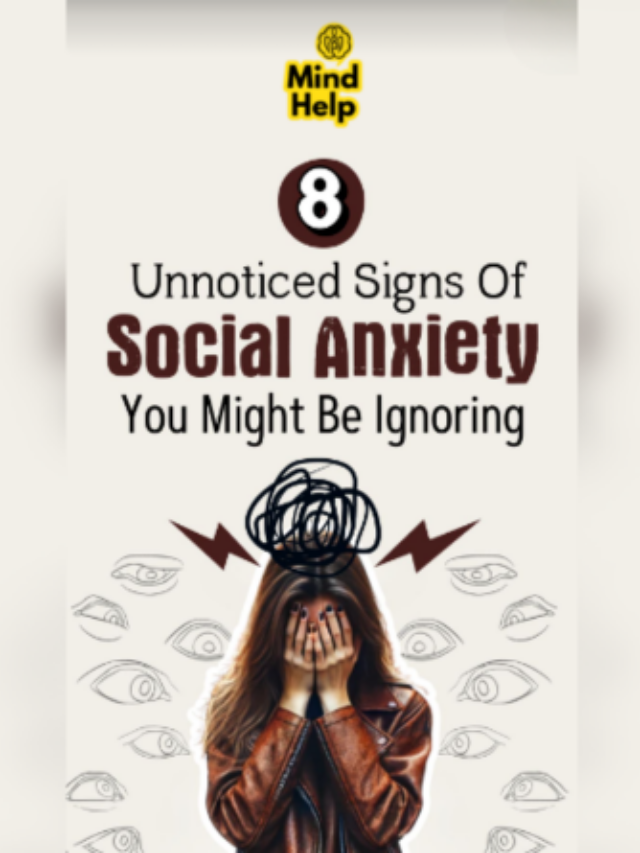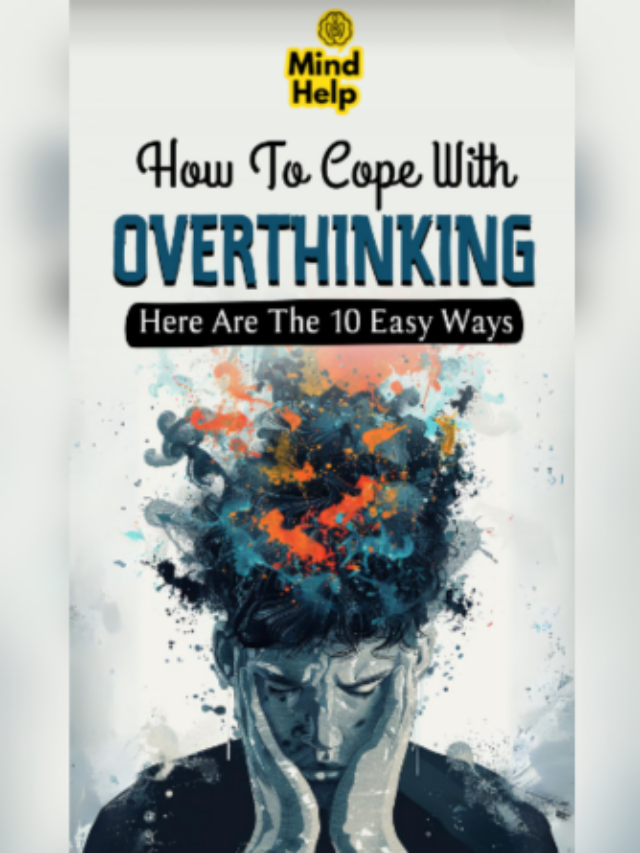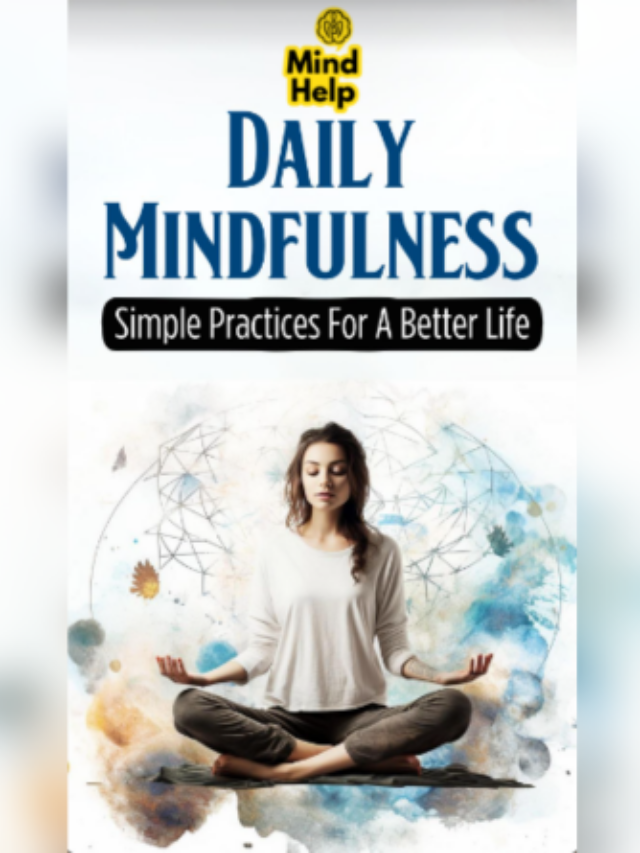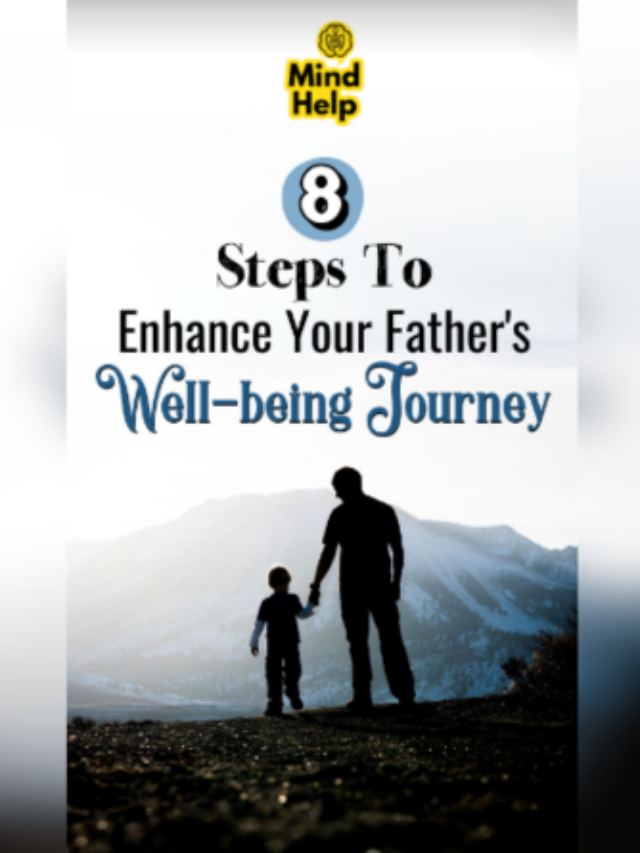Exploring CBD and THC for sleep? This article compares the effects of both compounds on relaxation and sleep quality. Discover how THC and CBD interact with your body, what science says about their effectiveness, and ultimately, which might be better for a good night’s rest.
What are the effects of THC?
THC, or tetrahydrocannabinol, is the main psychoactive compound in cannabis known for making you feel high. It interacts with your body’s endocannabinoid system, which influences pleasure, memory, thinking, concentration, movement, coordination, and sensory and time perception. THC can also help you relax and its thought that it enhances your sensory experiences, making sounds, flavors, and visuals more intense. However, for some people, it can also lead to feelings of anxiety or restlessness, which may in fact have a negative effect on your sleep.
What are the effects of CBD?
CBD, or cannabidiol, does not produce a high like THC. Instead, it is known for its calming effects. When you use CBD, it interacts with your body’s endocannabinoid system in a different way and only interferes with the receptors that control pain and inflammation. Many users report that CBD helps to reduce anxiety and chronic pain, therefore if you were suffering with either of these it could certainly improve your sleep. So, CBD could be beneficial if you’re looking to improve the quality of your sleep without the psychoactive effects associated with THC.
How do CBD and THC make you feel relaxed?
CBD and THC both make you feel relaxed by interacting with your body’s endocannabinoid system, but they do so in different ways. THC binds directly to the receptors in your brain, which can induce a sense of euphoria and relaxation, often described as feeling ‘high.’ This can help to temporarily relieve stress and anxiety.
On the other hand, CBD influences these receptors indirectly and is believed to help modulate the response of various neurotransmitters and hormones involved in mood regulation such as serotonin. This can lead to a gentle, calming effect without the intense euphoria or potential anxiety sometimes associated with THC. The result is a soothing sensation that can help prepare your body and mind for a good nights sleep.
What does the science say?
Scientific studies suggest distinct pathways through which THC and CBD promote relaxation, with each having its unique effects on the body. THC is known to bind with the CB1 receptors in the brain, part of the endocannabinoid system that regulates mood, pain sensation, appetite, and memory. This interaction typically results in the psychoactive effects associated with feeling “high” but also helps to decrease anxiety and stress in some individuals, thus promoting relaxation. Research has shown that moderate THC can induce sedative effects, which might help in initiating sleep for those struggling with sleep disturbances.
CBD, however, does not bind directly with CB1 or CB2 receptors but influences them indirectly. Its mechanism is believed to involve the modulation of serotonin receptors, which play a key role in mood and stress management. By potentially enhancing serotonin signaling, CBD can exert anti-anxiety and antidepressant effects. Several studies have reported that CBD may help reduce anxiety and improve sleep quality, making it a good candidate for those seeking non-psychoactive relief from insomnia and stress-related disorders.
So, which is CBD or THC better for sleep?
CBD is generally considered better for sleep for most people. It promotes relaxation and alleviates anxiety without the psychoactive effects that THC brings. CBD has been shown to help with falling asleep and staying asleep, particularly for those who suffer from insomnia or sleep disturbances related to anxiety or chronic pain. CBD stays in your system for 6-7 hours however, you won’t feel any of the psychoactive effects that THC gives you, making it a much better solution for people that don’t want to feel too drowsy or for people that live in countries where THC is illegal. Simply put, because CBD does not cause a high, it is less likely to disrupt sleep cycles, allowing you to maintain a natural balance in sleep architecture.
THC, while effective for some individuals in inducing sleep due to its sedative effects, can also lead to potential drawbacks such as next-day grogginess, dependency, and altered sleep patterns, especially in higher doses. Therefore, for those looking for a sustainable and non-psychoactive solution to improve sleep quality, CBD is often the preferred choice.



